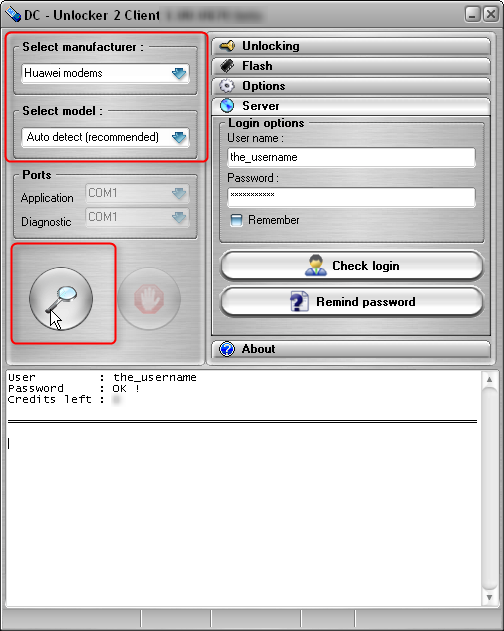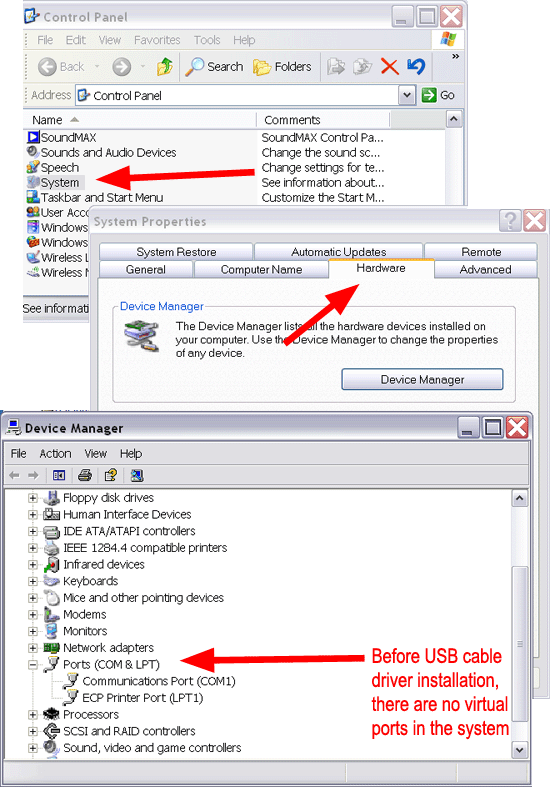
- MODEM MANAGER WINDOWS HOW TO
- MODEM MANAGER WINDOWS INSTALL
For a complete reference on what can be done with ModemManager, take a look at mmcli man page and to ModemManager’s DBus interface.

MODEM MANAGER WINDOWS HOW TO
In the next sections we will briefly explain how to use part of ModemManager’s features, using mmcli command line interface to interact with the service.

Now you have ModemManager successfully installed.
- Service for snap application modem-manager.modemmanager Loaded: loaded (/etc/systemd/system/ enabled vendor preset: enabled)Īctive: active (running) since Fri 08:34:43 UTC 2min 20s ago Main PID: 2047 (ModemManager)ĬGroup: /system.slice/ └─2047 /snap/modem-manager/414/usr/sbin/ModemManager -filter-policy=STRICT -log-level=INFO. You can check its current status with $ systemctl status Once the installation has successfully finished the ModemManager service is running in the background. We see here that the mmcli command line utility can use the ModemManager service and that network-manager can do the same (we will see that if the network-manager snap is already installed in the system). You can verify this with: $ snap connections modem-manager Interface Plug Slot Notes modem-manager modem-manager:mmcli modem-manager:service - modem-manager network-manager:modem-manager modem-manager:service. MODEM MANAGER WINDOWS INSTALL
You can install the snap with the following command: $ snap install modem-manager modem-manager (1.10/stable) 1.10.0-4 from Canonical✓ installedĪll necessary plugs and slots will be automatically connected within the installation process. It can be installed on any system that supports snaps but is only recommended on Ubuntu Core at the moment.

The ModemManager snap is currently available from the Ubuntu Store.







 0 kommentar(er)
0 kommentar(er)
